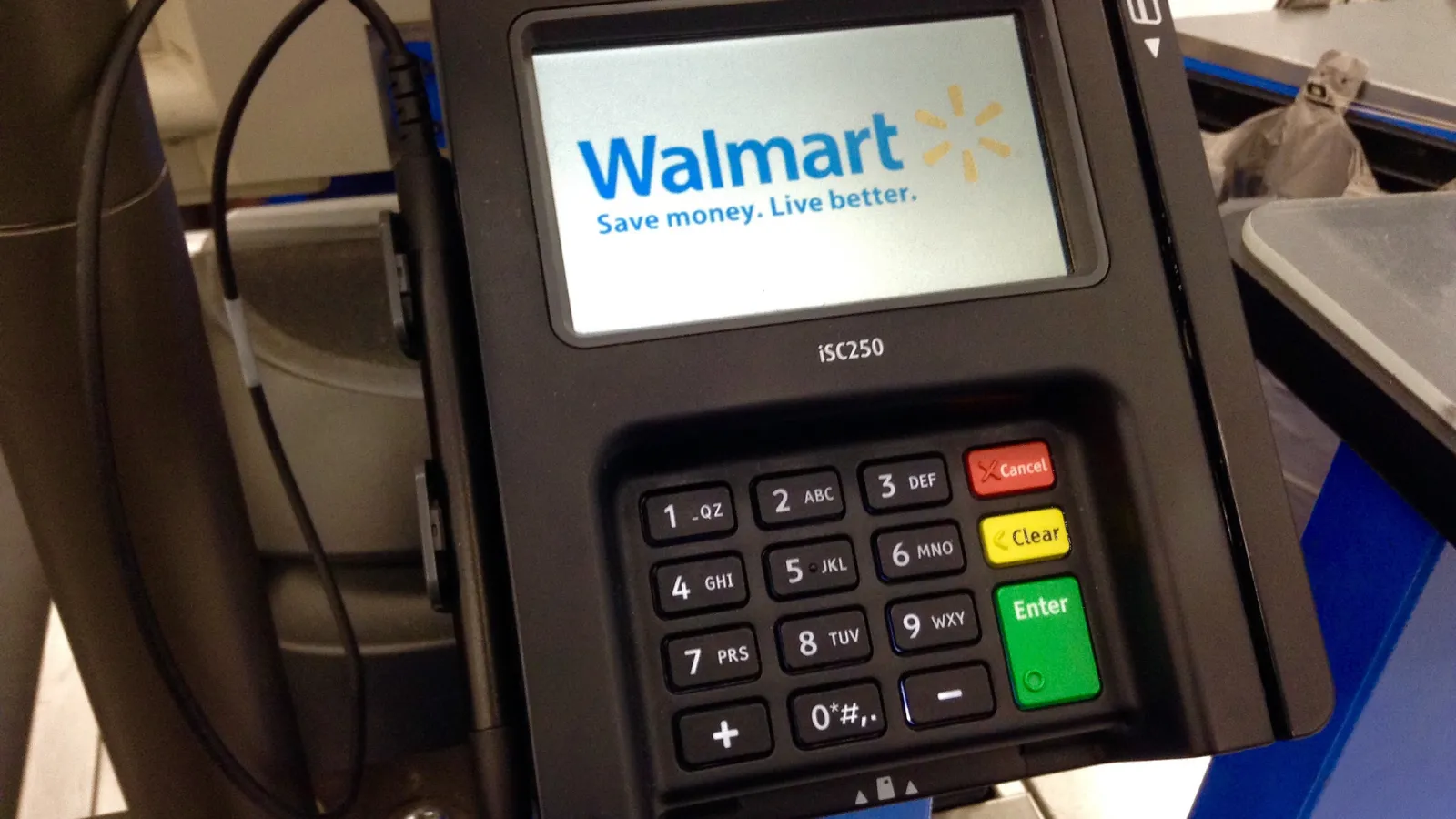To perform the job of a money manager, you need financial tools. However, even more important than a full tool bag is knowing how to use each tool. A debit card and a credit card look nearly identical, but they perform different jobs for card holders.
Plus, each kind of card - both debit and credit - have benefits and drawbacks you should know about. Here are 4 major differences between the two major types of cards in the wallets of most Americans.
Prepaid vs. Postpaid
The first distinction is likely the most well-known difference between the two. It's the concept of paying for something with cash you have, versus paying for something with someone else's cash in hopes of repaying them later. A debit card is either linked electronically to your bank account or prepaid (say, as in the case of your HSA, or Health Savings Account debit card). That means each time you swipe a debit card, your account balance goes down. When you swipe a credit card, on the other hand, your account balance that you owe goes up.
No fee vs. Interest fee
If your credit is good, then you shouldn't be paying monthly fees on a debit card account. If you are paying high monthly fees for a debit card, then you might not be in the perfect banking arrangement for you. However, credit card companies always charge a monthly interest fee on your unpaid balance each month. It's to be expected, even if your credit is in great shape. This is called an "interest fee," and it's to pay for the loaning service they offer.
Overdraft vs. Overspending
Generally, when you use a debit card to spend more than you can afford, you're charged an overdraft fee and the effects on your wallet are immediate. Some banking institutions offer protection from this blunder since it's usually a simple miscalculation on the card holder's part. Credit card agreements differ in that you're allowed to spend up to your credit limit - even if you don't have the funds to repay. This sometimes leads to overspending and financial trouble that takes longer to reverse.
When you're deciding which card to use, each one has its benefits. The debit card keeps you from spending (much) more than you should, preventing unwise choices and impulse buys when you don't have enough to cover the purchase. A credit card, however, allows you to leverage your credibility to invest in purchases that produce returns. It also helps you earn various points or rewards, depending on the contract. With both kinds of cards, you're not required to carry cash on your person, a benefit most consumers prefer.
Each card also has its risks, so be sure to discuss potential downfalls with your banking representative when you discuss card options.
With the right tools and the know-how to operate each one, you can build a successful financial picture without uncertainty or worry.
Image Source: Flickr
